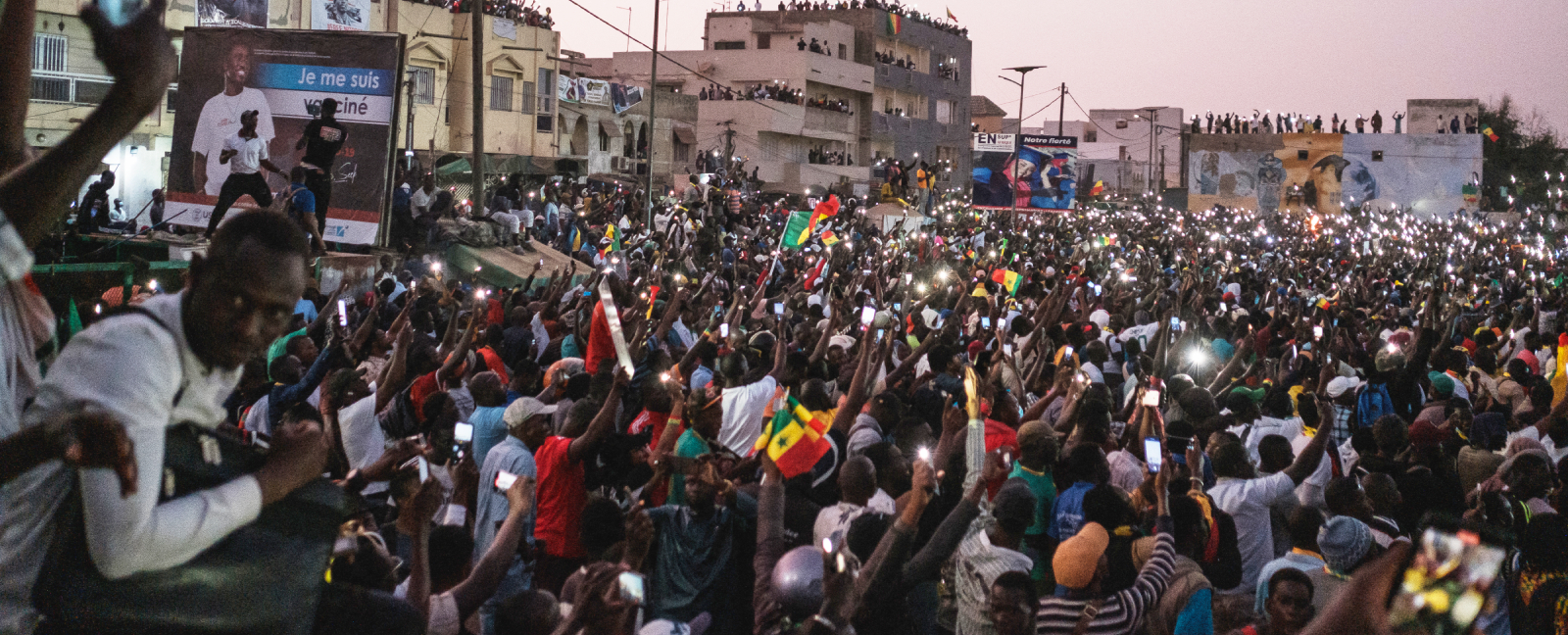
Africa is witnessing a surge in inflammatory rhetoric as ruling parties and former presidents engage in increasingly hostile exchanges ahead of upcoming elections.
This trend, particularly visible in countries such as Côte d’Ivoire, the Democratic Republic of Congo (DRC), and Benin, is raising concerns over its impact on political stability and democratic dialogue.
As electoral campaigns intensify, verbal attacks have become a common strategy to undermine opponents. In Benin, Janvier Yahouédéhou, Minister-Counsellor, recently declared that former President Boni Yayi should be imprisoned for alleged mismanagement — a statement that sent shockwaves through the political landscape.
Meanwhile, in Côte d’Ivoire, former President Laurent Gbagbo has faced a barrage of attacks aimed at weakening his influence ahead of the presidential race.
While such tactics may energise loyal supporters, experts warn that this strategy carries significant risks. By deepening divisions and polarising debate, the practice threatens to erode public trust and derail efforts to build a peaceful national dialogue. Those who become known as “champions of invective” often find their credibility undermined, as voters grow weary of conflict-driven politics.
The rapid rise of social media has further amplified this trend. Platforms such as Twitter, Facebook, and TikTok provide instant, far-reaching channels for provocative statements, many of which are quickly picked up by traditional media. This has created a cycle where controversy often overshadows meaningful discussions about governance, economic reform, and national security.
Observers warn that as election seasons unfold across the continent, this escalating rhetoric risks distracting from the urgent challenges facing many nations. To ensure a stable and inclusive political future, analysts argue that African leaders must shift the focus from personal attacks to substantive debate and policy-driven discourse.



